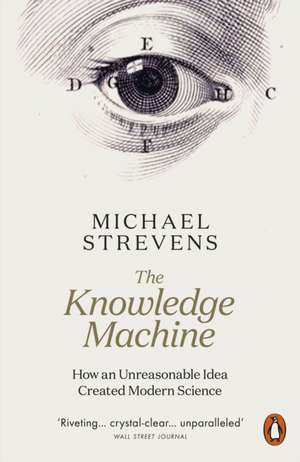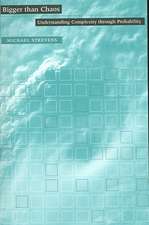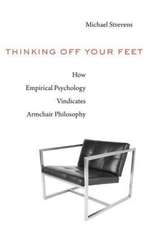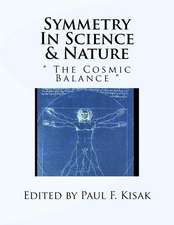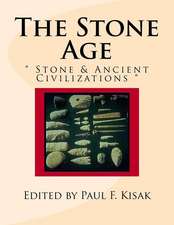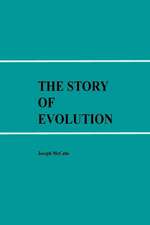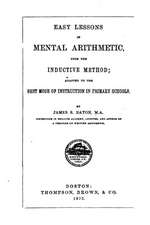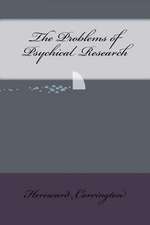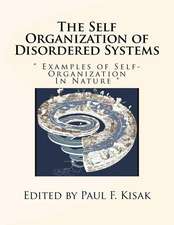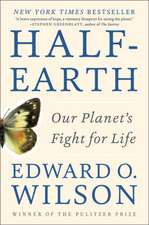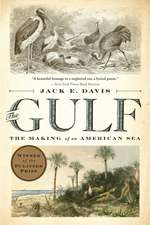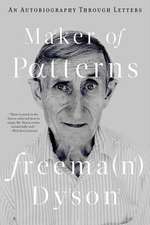The Knowledge Machine: How an Unreasonable Idea Created Modern Science
Autor Michael Strevensen Limba Engleză Paperback – 2 feb 2022
'Thebest introduction to the scientific enterprisethat I know. A wonderful and important book'David Wootton, author ofThe Invention of Science
It is only in the last three centuries that the formidable knowledge-making machine we call modern science has transformed our way of life and our vision of the universe - two thousand years after the invention of law, philosophy, drama and mathematics. Why did we take so long to invent science? And how has it proved to be so powerful?
The Knowledge Machinegives a radical answer, exploring how science calls on its practitioners to do something apparently irrational: strip away all previous knowledge - such as theological, metaphysical or political beliefs - and channel unprecedented energy into observation and experiment.In times of climate extremes, novel diseases and rapidly advancing technology, Strevens contends that we need more than ever to grasp the inner workings of our knowledge machine.
'Astylish and accessibleinvestigation into the nature of the scientific method' Nigel Warburton,Philosophy Bites
'Thiselegantbook takes us to the heart of the scientific enterprise' David Papineau, King's College London, author ofKnowing the Score
'This book isa delight to read, richly illustrated with wonderfully told incidentsfrom the history of natural science' Nancy Cartwright, University of California San Diego
| Toate formatele și edițiile | Preț | Express |
|---|---|---|
| Paperback (1) | 59.09 lei 23-34 zile | +22.04 lei 6-10 zile |
| Penguin Books – 2 feb 2022 | 59.09 lei 23-34 zile | +22.04 lei 6-10 zile |
| Hardback (1) | 182.58 lei 3-5 săpt. | |
| LIVERIGHT – 15 oct 2020 | 182.58 lei 3-5 săpt. |
Preț: 59.09 lei
Preț vechi: 70.14 lei
-16% Nou
11.31€ • 12.32$ • 9.53£
Carte disponibilă
Livrare economică 04-15 aprilie
Livrare express 18-22 martie pentru 32.03 lei
Specificații
ISBN-10: 0141981261
Pagini: 368
Dimensiuni: 129 x 198 x 15 mm
Greutate: 0.27 kg
Editura: Penguin Books
Colecția Penguin
Locul publicării:London, United Kingdom
Notă biografică
Recenzii
Astylish and accessibleinvestigation into the nature of the scientific method.
Thiselegantbook takes us to the heart of the scientific enterprise.
This book isa delight to read, richly illustrated with wonderfully told incidents from the history of natural science.
Powerful, bracingly argued and important. There is something here for everyone -- for the expert, who will be challenged to rethink what science really is; for the layperson, who will rejoice in Strevens's deft and witty storytelling; and for the student, who will finda friendly and authoritative guideto Newton, Einstein, Popper, Kuhn, and all that.
Beautifully lucid and accessible. A rare achievement, it is entertaining and edifying all at once.
Anengagingmust-read.
The moststunningly illuminatingbook of the last several decades regarding the all-important scientific enterprise. Not only profoundly insightful but rollicking good fun.
As thrilling to read as it is important.Captivating.
Descriere
Captivatingly written, interwoven with tantalizing illustrations and historical vignettes ranging from Newton's alchemy to quantum mechanics to the storm surge of Hurricane Sandy, Michael Strevens's wholly original investigation of science asks two fundamental questions: Why is science so powerful? And why did it take so long, two thousand years after the invention of philosophy and mathematics, for the human race to start using science to learn the secrets of nature? The Knowledge Machine's radical answer is that science calls on its practitioners to do something irrational: by willfully ignoring religion, theoretical beauty, and, especially, philosophy--essentially stripping away all previous knowledge--scientists embrace an unnaturally narrow method of inquiry, channeling unprecedented energy into observation and experimentation.
Like Yuval Harari's Sapiens or Thomas Kuhn's 1962 classic, The Structure of Scientific Revolutions, The Knowledge Machine overturns much of what we thought we knew about the origins of the modern world.
